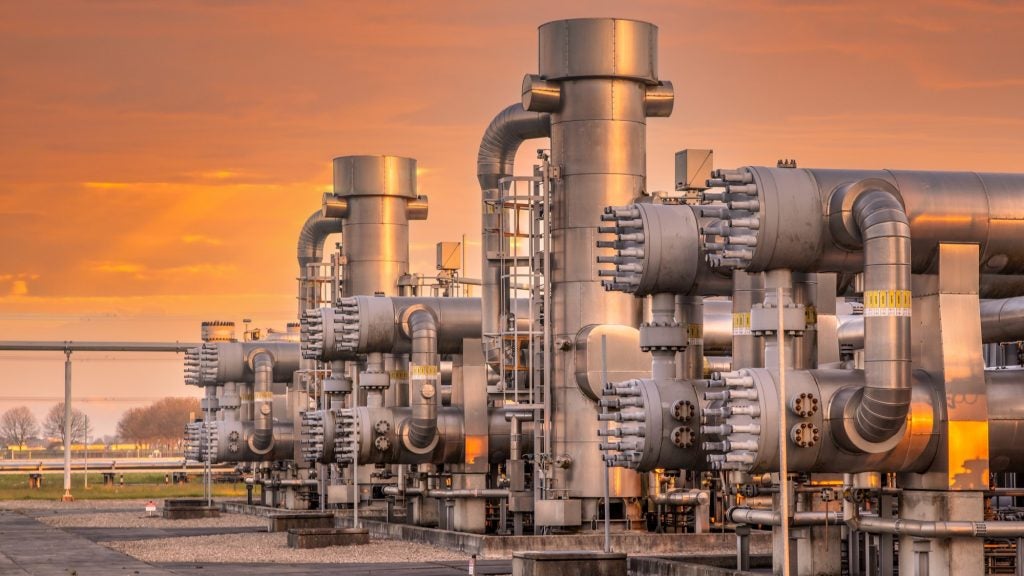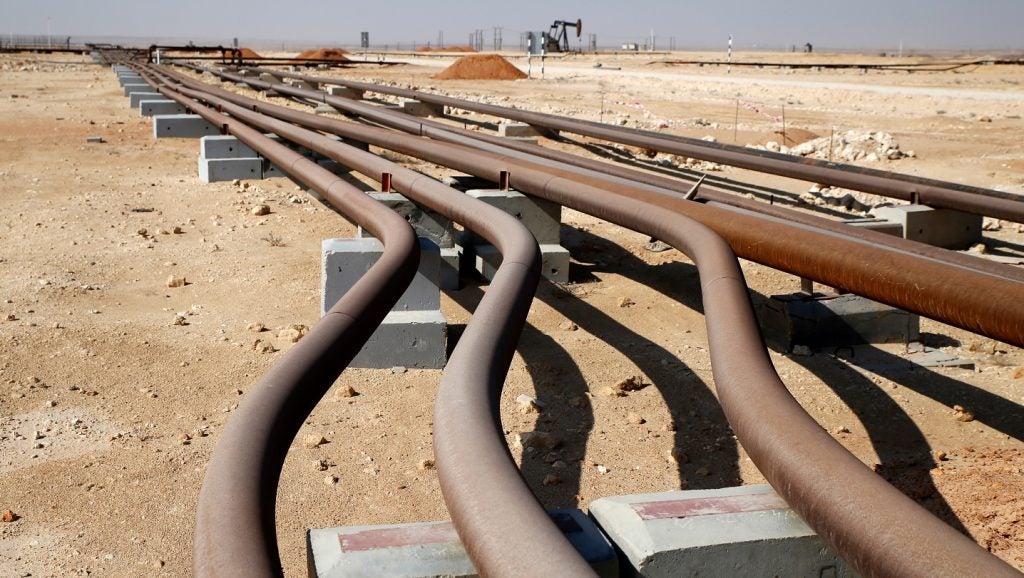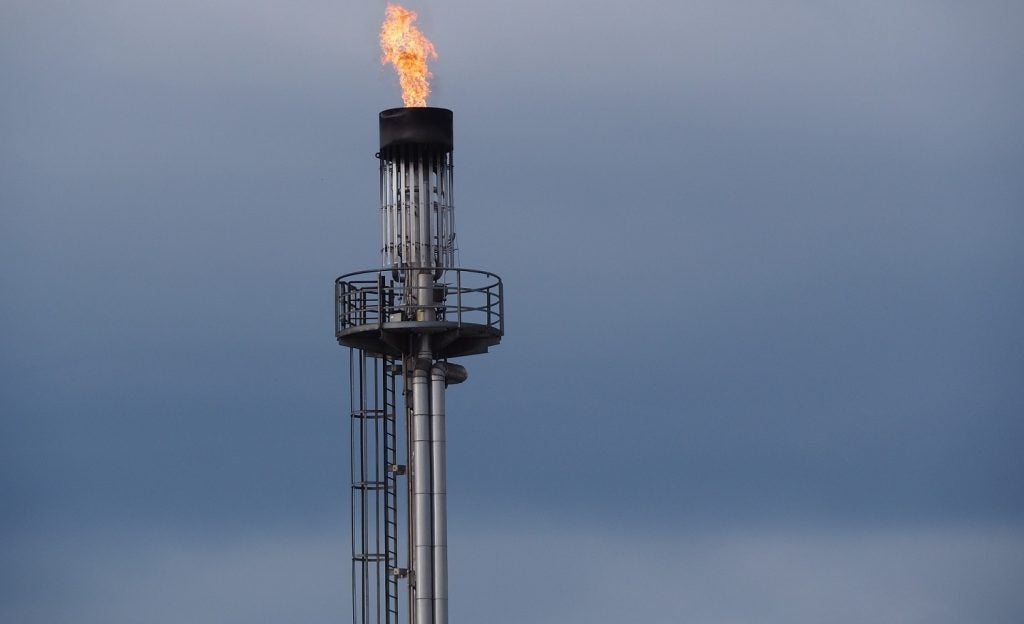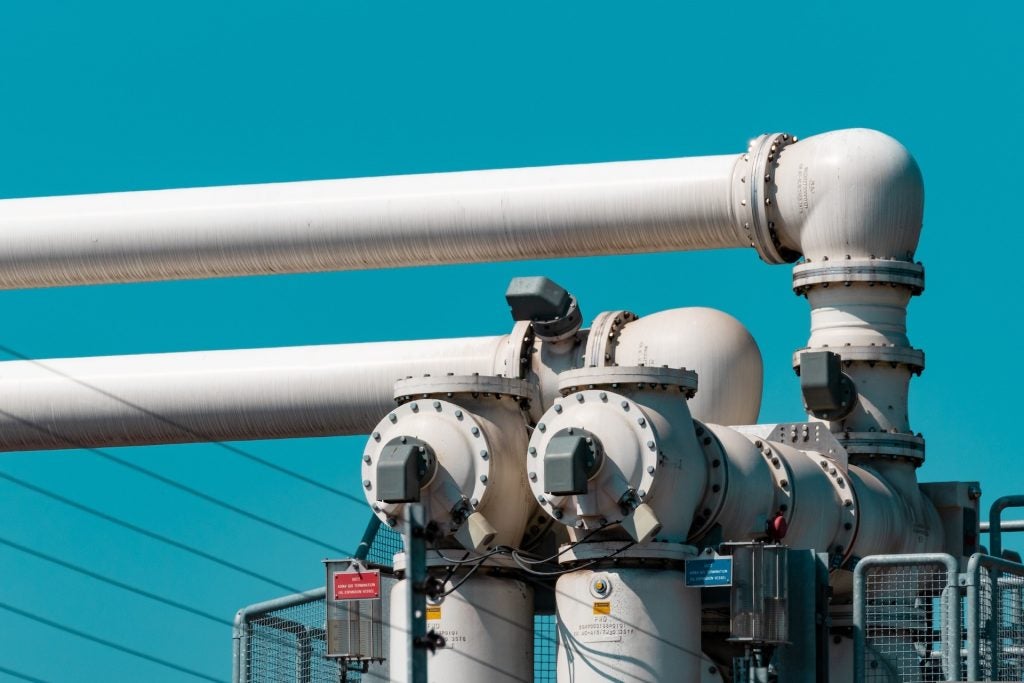Employment in oil and gas in the Netherlands is growing, but the natural gas industry is preparing to close its doors for good.
At the current rate of extraction, the Netherlands will have entirely depleted its reserves of extractable gas by 2032. The country has pledged to be gas-free by 2050, but the industry still employs thousands of people and saw the Netherlands export 41,271 million cubic metres of natural gas last year.
A recent report by Statistics Netherlands estimates that 16.1 billion cubic metres of gas were extracted from Dutch soil in 2022, leaving 142 billion cubic metres of natural gas to be extracted. At the current rate of extraction, these reserves will be exhausted within the next nine years.
For domestic targets, the timing is good. The Netherlands has pledged to go gas-free by 2050 and to halt all domestic gas production by 2030. However, it leaves questions about employment as a successful industry shuts down.
Plans to slow production have been accelerated by complaints around the Groningen field, which has caused multiple earthquakes. The field will now stop producing gas permanently from October 2023 and will be officially closed in October 2024. Groningen has a total of 2 billion cubic metres of natural gas reserves which will now remain unextracted, whilst the Netherlands' remaining reserves are in smaller gas fields on land and under the North Sea.
However, despite the declining reserves and slowing industry, analytics from GlobalData, Energy Monitor's parent company, identify that there are approximately 8,000 open jobs in the oil and gas industry in the Netherlands. These roles are mostly in South Holland, home to 26% of the active roles.
As home to the Groningen field, it is unsurprising that South Holland leads, but it is also the most exposed area. However, the Joint Research Centre’s Technical Report remarks that not all workers will experience significant disruption to their careers: “Some professions, such as drivers, electricians, engineers, administrative workers could potentially be less affected by ending the extraction and because they can be easily reallocated to other sectors.”
However, there will undoubtedly be disruption as gas fields close, an issue exacerbated by the growth seen in the industry in the Netherlands in recent years. GlobalData research shows that progressively more roles have been established, despite the industry’s looming expiration date. This is likely due, in part, to the soaring value of natural gas as a result of the Russia's invasion of Ukraine; in 2022, the Netherlands’ reserves were valued at €71bn ($76.6bn).
The JRC’s report suggests that the closure of gas fields in the Netherlands will simultaneously create and destroy jobs, as the move away from natural gas to renewable options puts other projects in the spotlight: “The hydrogen project of provinces Groningen and Drenthe will possible create up to 6,000 new jobs for the construction of the infrastructure and 500 for the operation. Friesland province’s potential job creation is of 150 in the production capacity by wind, 60 by biogas and 270 by solar energy source.”
Our signals coverage is powered by GlobalData’s Thematic Engine, which tags millions of data items across six alternative datasets — patents, jobs, deals, company filings, social media mentions and news — to themes, sectors and companies. These signals enhance our predictive capabilities, helping us to identify the most disruptive threats across each of the sectors we cover and the companies best placed to succeed.















